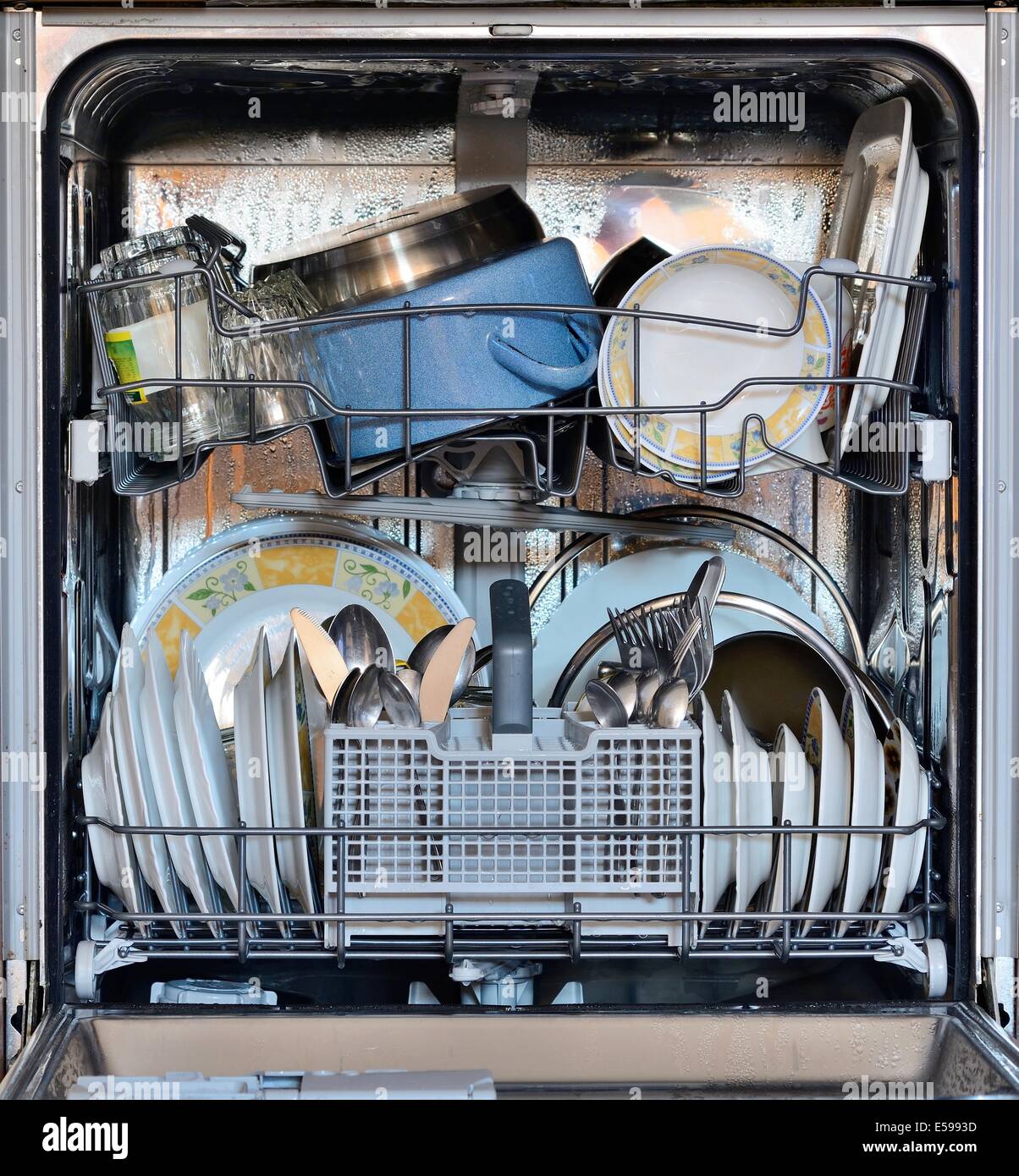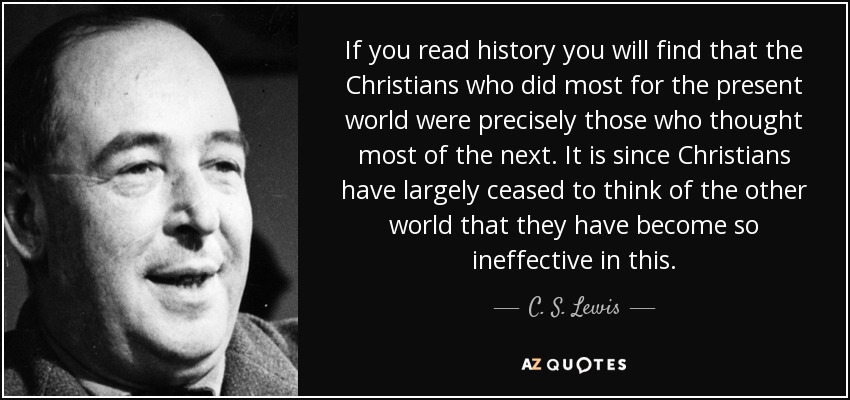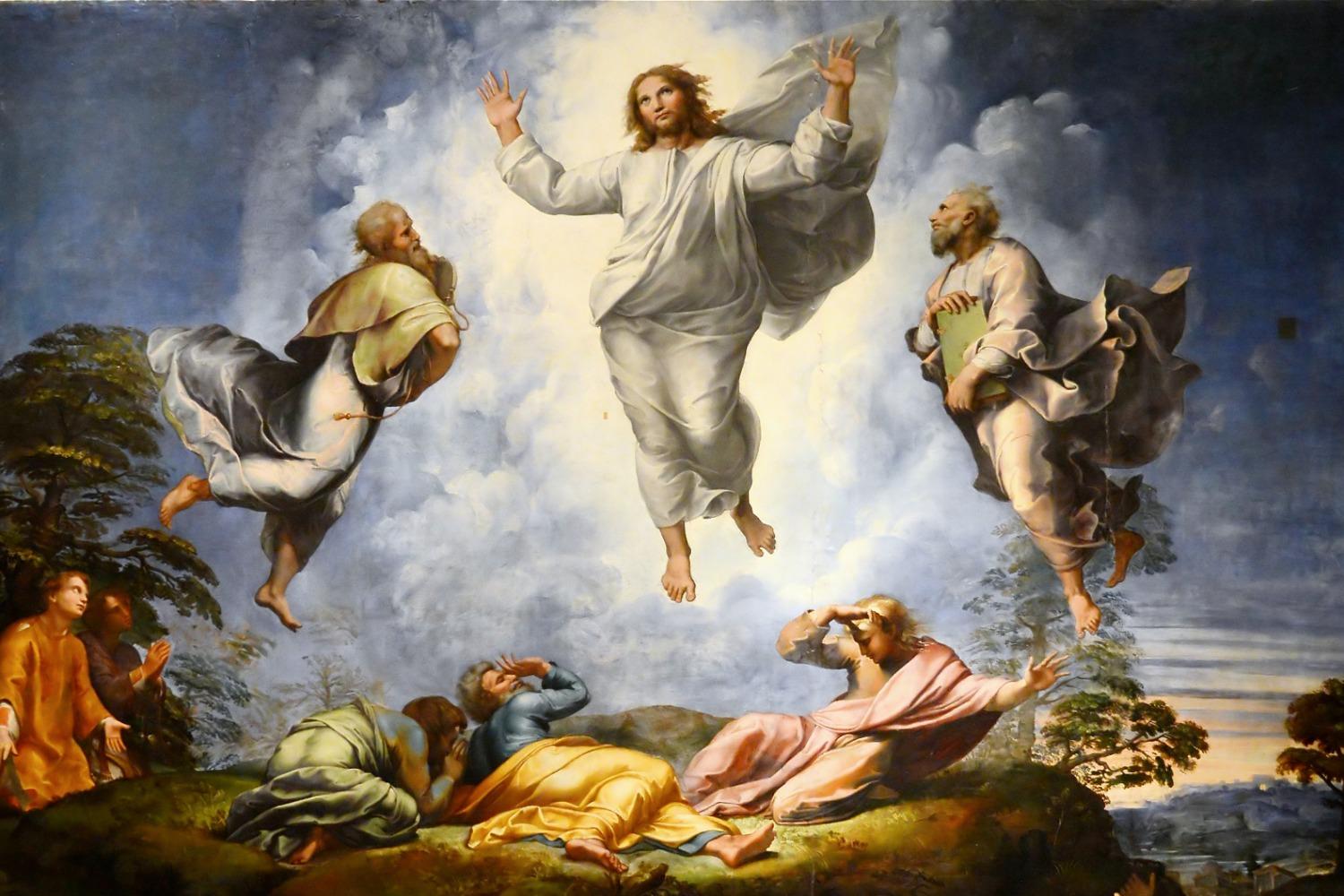Advent is a curious season, where we think about and ponder not just the baby in the manger, but the Advent of this current time in the world as well. For we are Advent people forever, from the time of the ascension of our Lord until today, we have been people who have been awaiting the second, final Advent, when the King shall return.
One of the more notable aspects of the Christian faith in its development is the curious nature of the disciples, from the moment of the Ascension, looking forward to the return of Christ immediately. It's curious because we are two thousand years on, and being two thousand years on, you'd assume that the disciples would be operating in a frame of mind where they would have known that they'd have more time. You'd think that if Jesus was well aware that he'd be away for a couple thousand years, that he would have mentioned as much. But the disciples, and every generation since, have been living assuming that the return of Jesus is immediate, and that they are in that second Advent right now.
And up until now, they've all been wrong.
Or have they?
As I said, it's a curious thing to be thinking about a second Advent, to be pondering the return of Christ and to be wrong time after time. You'd think that we would sort of chuckle at their credulity, to think about how they could have thought so much differently, but if they had thought differently, then they would have behaved differently too. We don't give enough credit to our beliefs, our thoughts, and how they inform how we live and operate, but they do. They clearly do. And if you believe, sincerely, that God will return imminently, then you will by definition behave differently than if you believed otherwise. If you believed that there was a ticking clock about everything you do, that you have limited time to get things done, that God has given you a commission and that you still have work to do to live into it, then you may very well be motivated to do it. This tracks with other kinds of things as well - if you believed that a health inspector may show up at any moment, and you believe that he could be there soon, then you'll be motivated to keep your kitchen in a reasonable state constantly. If you believe that your boss might stop by the office imminently, then you'll make sure that everything is running smoothly and is in good order. If you don't know when your wife is coming home, then you're going to want to run the dishwasher now, not leave it until much much later.

The disciples who believed that Christ was due to return imminently were wrong about the timescale, sure, but they were right about what to do, which is ultimately more important. Right motivation, wrong timeline, but that ends up being greater overall. Why did they work so hard on behalf of the will and work of God, unless they believed that there was a lot of work to get done, and not a lot of time in which to do it.
You'd think that if someone believed that the end of the world was right there, then they would shrug, do their best to have as much fun as possible, and ride it all out. And that would be true if there was no heaven, no hell, none of it. May as well get a bucket of KFC and have fun. But if you believe that there is a heaven, and there is a hell, then you have work to do because the people you see around you will go to one or the other. It's a curious thing indeed that the disciples were more motivated rather than less, but to quote CS Lewis, those who do the best work in this world almost always seem to be the ones who think most seriously about the next.

So, as I said on Sunday morning, you can be wrong while also being right. What they told us in school was the only subject that you could have an objectively wrong answer on was math, everything else was on some kind of gradient. But when you get out into life, you find out that it's entirely possible to be right and wrong simultaneously. Lots of people are a lot of the time. Almost all conflicts are based around people doing bad things for reasonable reasons. It's not as though your enemies at home or abroad are pantomime villains just trying to be evil for evil's sake. They're by and large trying to be safe or comfortable, or well fed or whatever, and they just have the wrong way of going about it. In the case of the disciples, they're right and wrong at the same time. That is, they were wrong about the timescale of the return of Christ, but right about the fact that he was going to return, and that they should behave accordingly.
Picture it like this: Outside of New Year's, there's a real slim chance that there's going to be a checkstop on the road. It can happen, but it's unlikely. Given that a checkstop for drunk driving is statistically very unlikely, should you drive drunk assuming that you're not going to get caught? Well, probably not, right? You're almost certainly not going to get randomly pulled over and breathalyzed, but that doesn't mean that driving drunk is a good idea. So, you can avoid drinking and driving to avoid the checkstop, get home, and say 'darn, I shouldn't have bothered being sober. There wasn't even a checkstop on the way home.' No. There wasn't. You were wrong about expecting a checkstop, but right about sober driving.
And that's us as Christians. We are encouraged by scripture to live into each day as though the return of Christ was inevitable, and imminent. We will likely be wrong, people have been wrong about it for 2000 odd years. But though they've been wrong about the timeline, they've been right it what it makes them do. On New year's you know for sure you're going to have a checkstop on the way home, so you for sure act accordingly. No driving if you've been drinking. But you should be driving home every time like that. No exceptions. And though the return of Christ may be thousands of years away, you should still be living as though he were to return tomorrow. You would be repentant, yes? You'd be thinking of the people around you as eternal. You'd grasp onto the immediacy of the work to be done, and not put it off for forever. And that would likely mean that you'd be right by being wrong. Which is, for us, the best way to be motivated and to behave.







